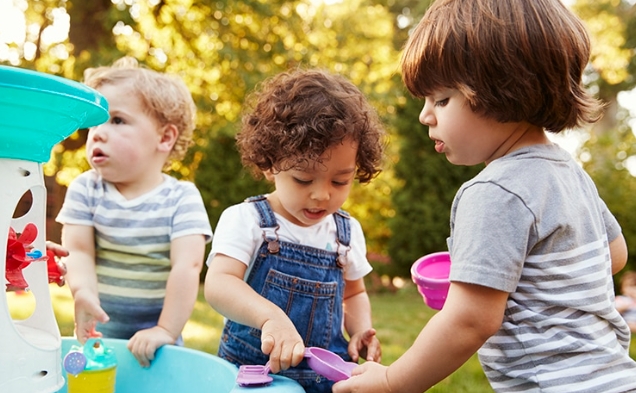Associative play is a type of social play in which children engage in activities alongside one another, but not necessarily together in a coordinated or organized manner. This form of play is important for children’s social and emotional development, as it allows them to learn how to interact with their peers and develop important skills for later in life.
What Does Associative Play Look Like?
In associative play, children may engage in activities such as building with blocks, pretending to be superheroes, or dressing up in costumes. While they may not be directly interacting with one another, they are still observing and learning from their peers’ actions and behaviors.
Benefits of Associative Play
1. Social skills development: Associative play allows children to practice important social skills such as sharing, taking turns, and negotiating with their peers. These skills are essential for building positive relationships and working collaboratively with others.
2. Language development: Through associative play, children have the opportunity to engage in conversations with their peers, expanding their vocabulary and communication skills. This can help them develop their language abilities and express themselves more effectively.
3. Creativity and imagination: Associative play encourages children to use their imagination and creativity to come up with new ideas and scenarios. This type of play allows children to explore different roles and identities, fostering their creativity and problem-solving skills.
4. Emotional regulation: Engaging in associative play can help children learn to regulate their emotions and understand the feelings of others. Through play, children can practice empathy and develop the skills needed to manage their own emotions in social situations.
Overall, associative play is a valuable form of social play that allows children to learn important skills and build relationships with their peers. By encouraging and supporting this type of play, parents and caregivers can help children develop essential social and emotional skills that will benefit them throughout their lives.

